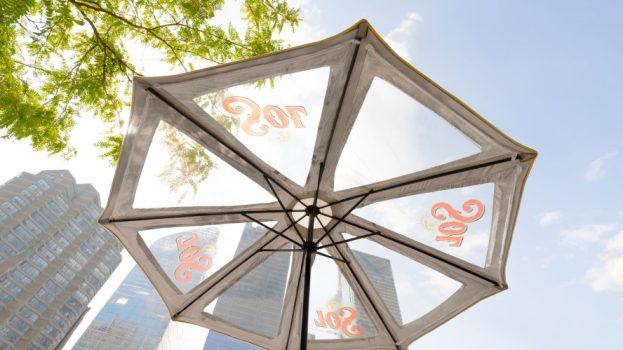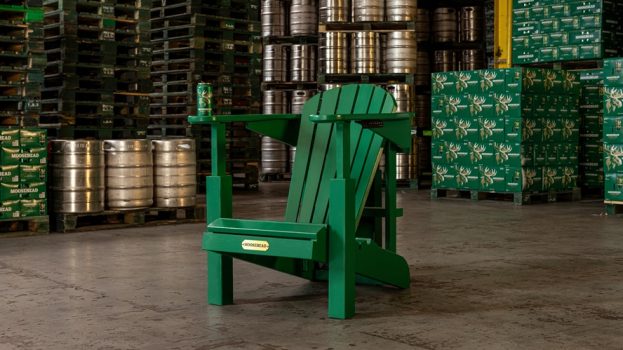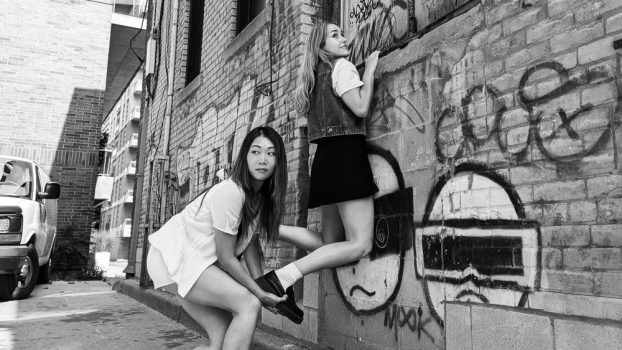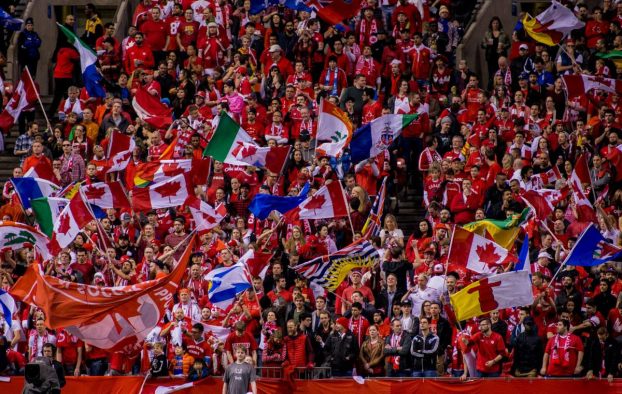AB InBev – owner of beer brands including Budweiser and Labatt – has announced a partnership with cannabis company Tilray to research non-alcoholic beverages infused with THC and CBD.
A joint announcement from the companies stated that the partnership capitalizes on their respective expertise and knowledge in cannabis and beverages. The partnership is limited to the Canadian market, and will be conducted by AB InBev’s Canadian subsidiary Labatt Breweries of Canada and Tilary’s adult-use cannabis subsidiary the High Park Company. Each company will contribute US$50 million, for a total of $100 million.
Tilray is a cannabis producer and medical research company based in British Columbia. It received a great deal of attention in the fall when its stock price skyrocketed, following its IPO on the NASDAQ exchange and becoming the first Canadian company to legally export medical cannabis to the U.S. for a clinical trial. Despite the fact that Tilray’s stock price subsequently fell, it has remained a focal point for investors looking to enter the cannabis industry. Earlier this week, it announced a deal with pharma company Novartis to sell, distribute and co-brand non-smokeable medical cannabis products (such as spray and gel capsules) in legal markets globally.
Tilray also operates the High Park Company to focus on the adult-use, recreational cannabis market. Its brands include Canaca, Irisa, Grail and Marley Natural.
Kyle Norrington, president of Labatt Breweries of Canada, told strategy last month that the company had “no plans to enter the cannabis industry,” and was focusing on the impact legalization would have on the beer industry. However, as part of an announcement made yesterday, Norrington said the company was committed to staying ahead of consumer trends.
“As consumers in Canada explore THC and CBD-infused products, our innovative drive is matched only by our commitment to the highest standards of product quality and responsible marketing,” he said. “We intend to develop a deeper understanding of non-alcohol beverages containing THC and CBD that will guide future decisions about potential commercial opportunities.”
The announcement emphasized the research-based nature of the partnership at this time, saying that decisions regarding any commercialization of THC- or CBD-infused products would be made in the future.
While edibles and beverage products are not expected to be legalized for sale in Canada until some point next year, many companies have been making preparations to get in on a market that gives consumers a smoke-free way to use cannabis. In August, AB InBev’s fellow brewing giant Molson Coors announced a partnership with Quebec licensed producer Hydropothecary (now known as Hexo) to establish a new joint venture to pursue the development of alcohol-free, cannabis-infused beverages.
Cannabis-infused beverages also present an opportunity for brewers to diversify their portfolios beyond beer, offering a greater selection to consumers and having a way to sell to those who are more conscious of their health and alcohol consumption. AB InBev previously stated its intent to have 20% of its sales volume come from no- or low-alcohol beverages when it launched the alcohol-free Budweiser Prohibition Brew in 2016, something Norrington says the company still sees opportunity in.
























